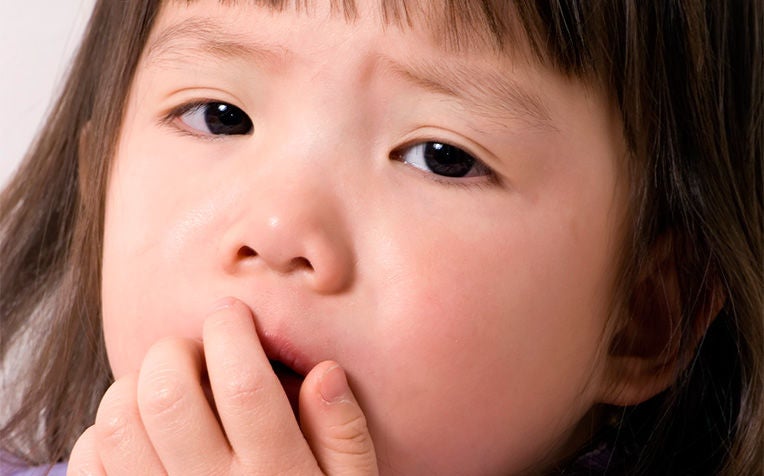
Allergic rhinitis affects up to 50 per cent of children in Singapore aged 4 to 17 years.
Runny nose, blocked nose, itchiness, sneezing… These are symptoms typical of the common cold as well as allergic rhinitis, a chronic medical condition especially prevalent among children in Singapore.
But the similarity between the two ends at the symptoms. Unlike the common cold, allergic rhinitis is not caused by a viral infection. Nor does it get resolved in a few days. Allergic rhinitis is due to an allergy and will persist for as long as the allergen is present.
Allergic rhinitis occurs when you breathe in something from your environment, indoors or outdoors, that you are allergic to. This allergen, which could be house dust mites, cigarette smoke, plant pollen or haze, causes the mucous lining in the nose to get inflamed. This in turns leads to symptoms such as sneezing and a runny nose.
Is allergic rhinitis another name for hay fever?
Allergic rhinitis triggered by pollen is called hay fever. Hay fever is particularly prevalent in temperate climates where there are high seasonal levels of pollen.
Allergic rhinitis is very common in Singapore, affecting 24 per cent of the population. While it affects both adults and children, it is particularly prevalent in children aged 4 - 17 years.
In 2010, the prevalence rate for children of this age was estimated to be as high as 50 per cent, according to Associate Professor Anne Goh, Head and Senior Consultant, Allergy Service, KK Women’s and Children’s Hospital (KKH), a member of the SingHealth group.
Can dairy products and eggs cause allergic rhinitis?
Dairy products and eggs do not usually trigger allergic rhinitis, says A/Prof Goh.
“Allergic rhinitis is less commonly caused by food allergies, so there is no real need to avoid foods essential for children’s growth,” she says. “The commonest trigger for allergic rhinitis in Singapore is exposure to the house dust mites. The other common trigger is exposure to cigarette smoke.”
However, if any specific food is suspected to cause an allergic reaction, the child should be evaluated properly before being put on a food elimination diet.
Allergic rhinitis can affect a child’s schoolwork and sports
A prominent symptom of allergic rhinitis in children, especially younger children, is coughing rather than sneezing. Nasal congestion can also be severe, affecting the child’s ability to perform in school and in sports.
“The nasal congestion can affect the child's sleep and can lead to snoring and a dry mouth if the child mouth-breathes frequently,” says A/Prof Goh. “Children who don’t sleep well will have a poor concentration span the following day and this can affect their ability to perform well in school.”
The nasal congestion, when severe, can also affect the child’s ability to exercise and participate in sports.
Can allergic rhinitis in children lead to more severe allergic conditions such as asthma?
Allergic rhinitis can be associated with other allergic conditions such as asthma, eczema and allergic conjunctivitis, says A/Prof Goh. “About 40 per cent of children with allergic rhinitis will have associated asthma. Conversely, about 80-90 per cent of asthmatic children will have associated allergic rhinitis,” she explains.
In children who have allergic rhinitis and asthma, both conditions will need to be treated separately to control the symptoms.
Read on to know more about the treatment of allergic rhinitis in children.
Ref. Q15
Contributed by














 Get it on Google Play
Get it on Google Play